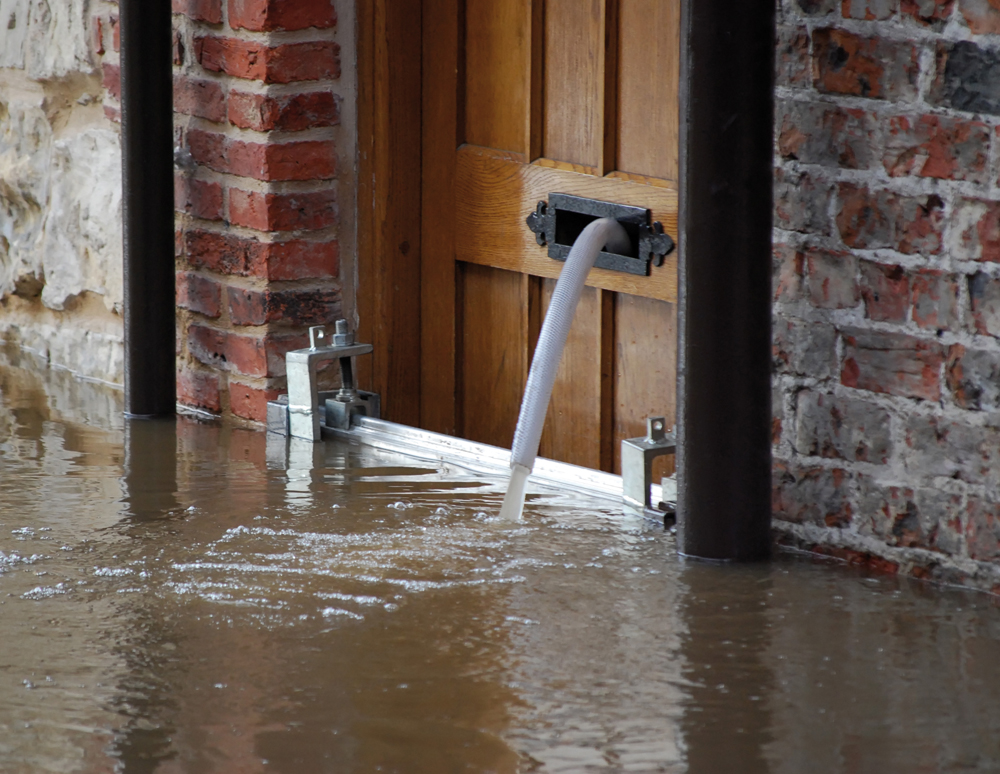Insurance
Price war pushes home insurance premiums down

Home insurance premiums are down 8.2% in the past 12 months, according to Consumer Intelligence.
The price falls are due to a combination of the pandemic and ongoing competition on price comparison websites. The average annual buildings and contents policy now stands at £138.
Harriet Devonald, pricing expert at Consumer Intelligence, said: “More people have been staying at home for longer periods – with burglars deterred from breaking into houses and water damage claims down as people are on hand to respond quickly to leaks.
“What we’re also seeing in the home price comparison website market is something of a pricing battle, triggered by a few providers – with price comparison website-led distribution strategies – that have been really trying to grow their home book. And this has triggered reactions from some larger players trying to keep up and protect their ground.”
Overall, premiums have decreased by 6.9% since Consumer Intelligence first started collecting data in February 2014. The under-50s homeowner (-8.9%) has taken the lion’s share of this saving, with the over-50s (-4.5%) benefiting slightly less from the long-term drop in prices.
With some of the most expensive properties in Britain, it’s no surprise that London (£193) continues to be the most costly place to buy household insurance. Londoners pay, on average, a third more than homeowners in the neighbouring South East (£145), the next most expensive region for home cover.
The North East (£123) remains the cheapest UK region, with the East Midlands (£128) and North West (£128) following not far behind.
The cheapest homes to insure remain those built this century, with average premiums for properties built post-2000 standing at just £130.
Victorian-era properties built between 1850 and 1895 continue to attract the highest yearly premiums of £179, which reflects the higher cost of claims made by their owners. Older properties are more likely to develop faults and replacement materials can be expensive to source.